Authoritarianism and Political Control in History
1/47
There's no tags or description
Looks like no tags are added yet.
Name | Mastery | Learn | Test | Matching | Spaced |
|---|
No study sessions yet.
48 Terms
Nationalization
The process by which a government takes control of industries or assets, often to centralize economic power.
Regulated Economic System
An economy controlled by the government through laws, policies, and interventions.
Putin and Protest
Vladimir Putin's government has been known to suppress political protests through crackdowns, arrests, and censorship.
Putin and the Media
Russian media is heavily state-controlled, limiting press freedom and promoting government propaganda.
Erosion of Democratic Values
The decline of democratic principles such as free elections, civil liberties, and checks on power.
Duterte and the Philippines
Former president Rodrigo Duterte implemented authoritarian policies, including a violent drug war.
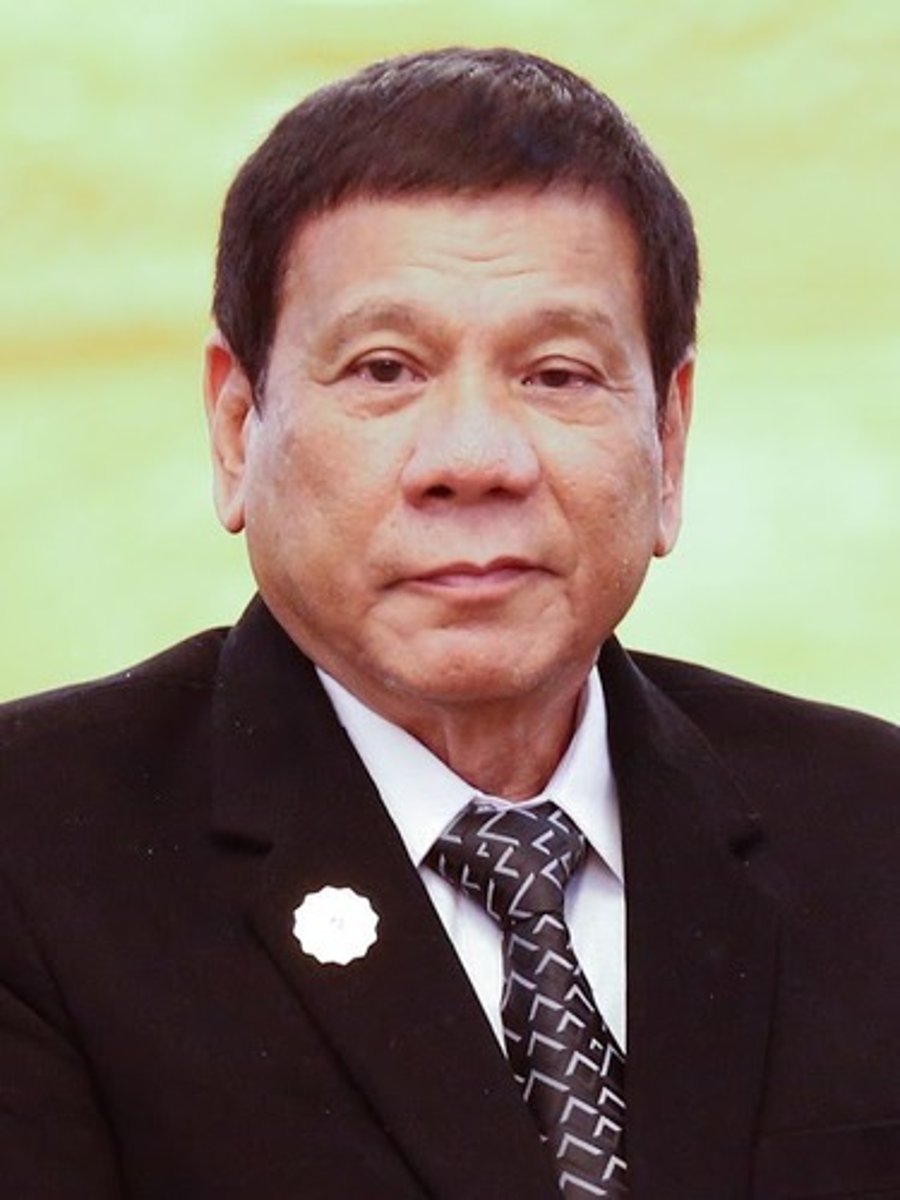
Indoctrination
The process of forcefully instilling ideological beliefs, often through propaganda and education.
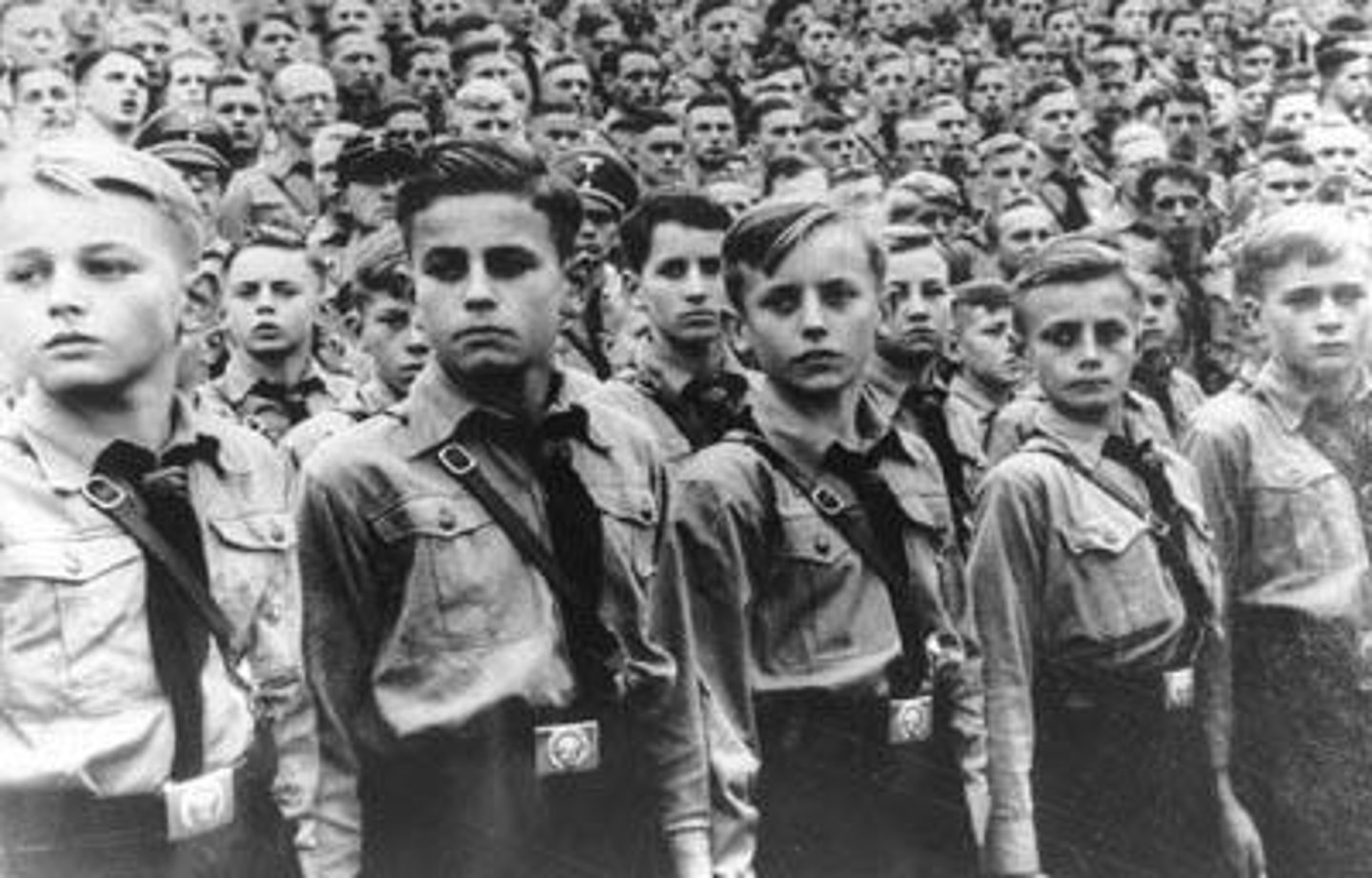
Scapegoating
Blaming a person or group for societal problems to divert attention from actual issues.

Controlled Participation
When governments allow limited political involvement, often manipulated to maintain power.
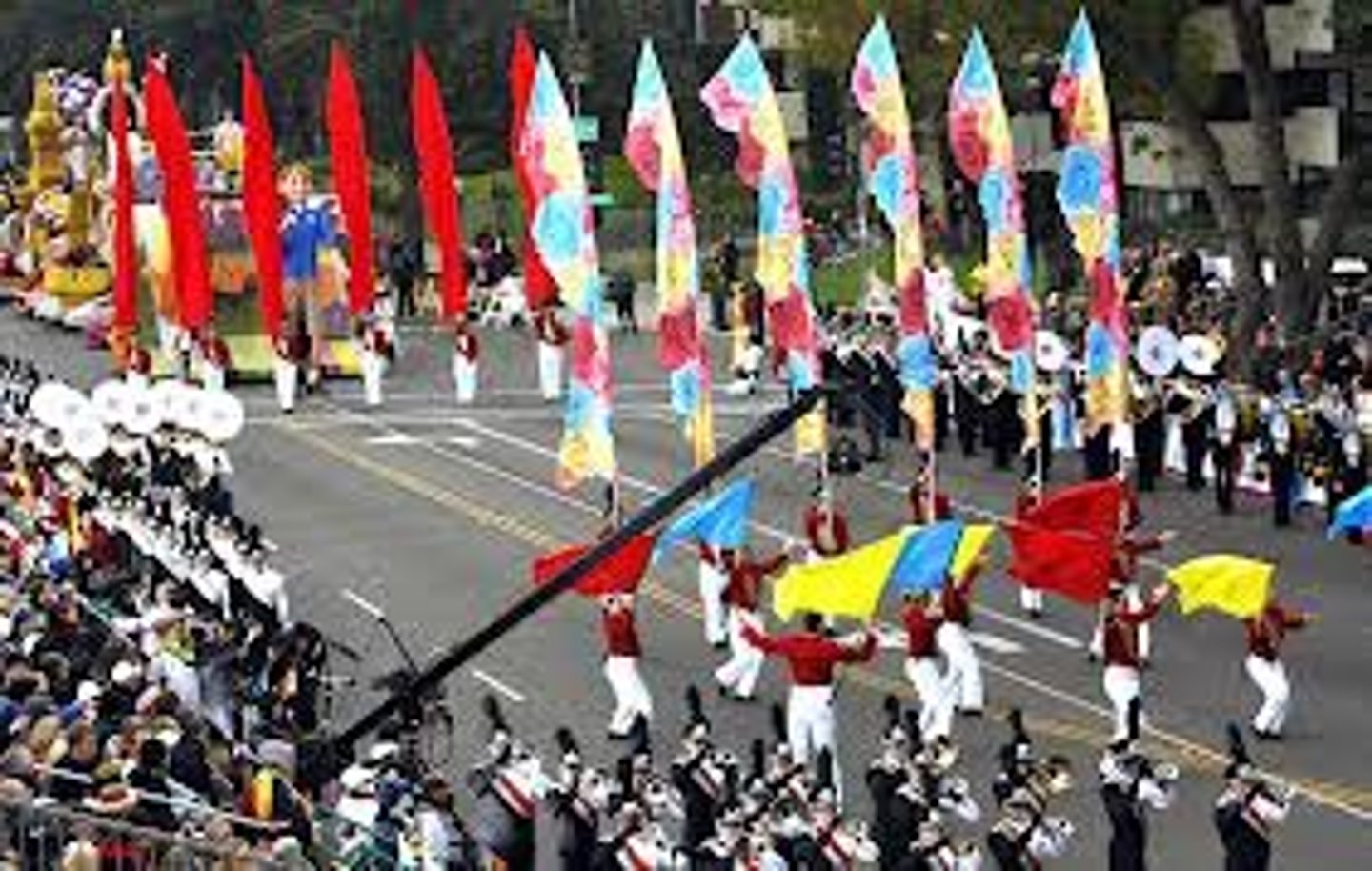
Illiberal
A system where democratic institutions exist but are undermined by authoritarian practices.
Stalin's Economic Reforms
Policies like collectivization and the Five-Year Plans aimed at industrializing the Soviet Union.
Central Planning
The government makes all economic decisions, controlling resources and production.
State Ownership
When the government owns businesses and resources, eliminating private ownership.
Centralization
The concentration of political and economic power in a central government.
Collectivization
The Soviet policy of merging individual farms into large, state-controlled enterprises.
The Ukrainians
Victims of the Holodomor, a man-made famine caused by Stalin's collectivization policies.
One-Party State
A political system where only one party is allowed to exist, suppressing opposition.
Five-Year Plans
Stalin's economic strategy to rapidly industrialize the Soviet Union.
Fascist
An ideology prioritizing nationalism, authoritarian rule, and suppression of opposition.
Elitism/Elite Group
A ruling class that holds power and privilege over the general population.
Communism
A system advocating for classless society and state control over production.
Fascism
A far-right, authoritarian system emphasizing nationalism and military power.
Hitler
Leader of Nazi Germany, responsible for World War II and the Holocaust.
Gestapo
The secret police of Nazi Germany, known for brutal repression.
Secret Police
Government agencies used to suppress dissent and opposition.
Tyranny of the Majority
When the majority oppresses minority groups in a democracy.
Rule of Law
The principle that laws apply equally to all individuals, including leaders.
Regime
A government, especially one that is authoritarian or oppressive.
Egalitarian
Belief in equality for all people.
Nazi
A member of Hitler's National Socialist German Workers' Party.
Subversive
Actions or ideas that challenge or undermine an authority.
Anti-Semitic
Prejudice or hostility toward Jewish people.
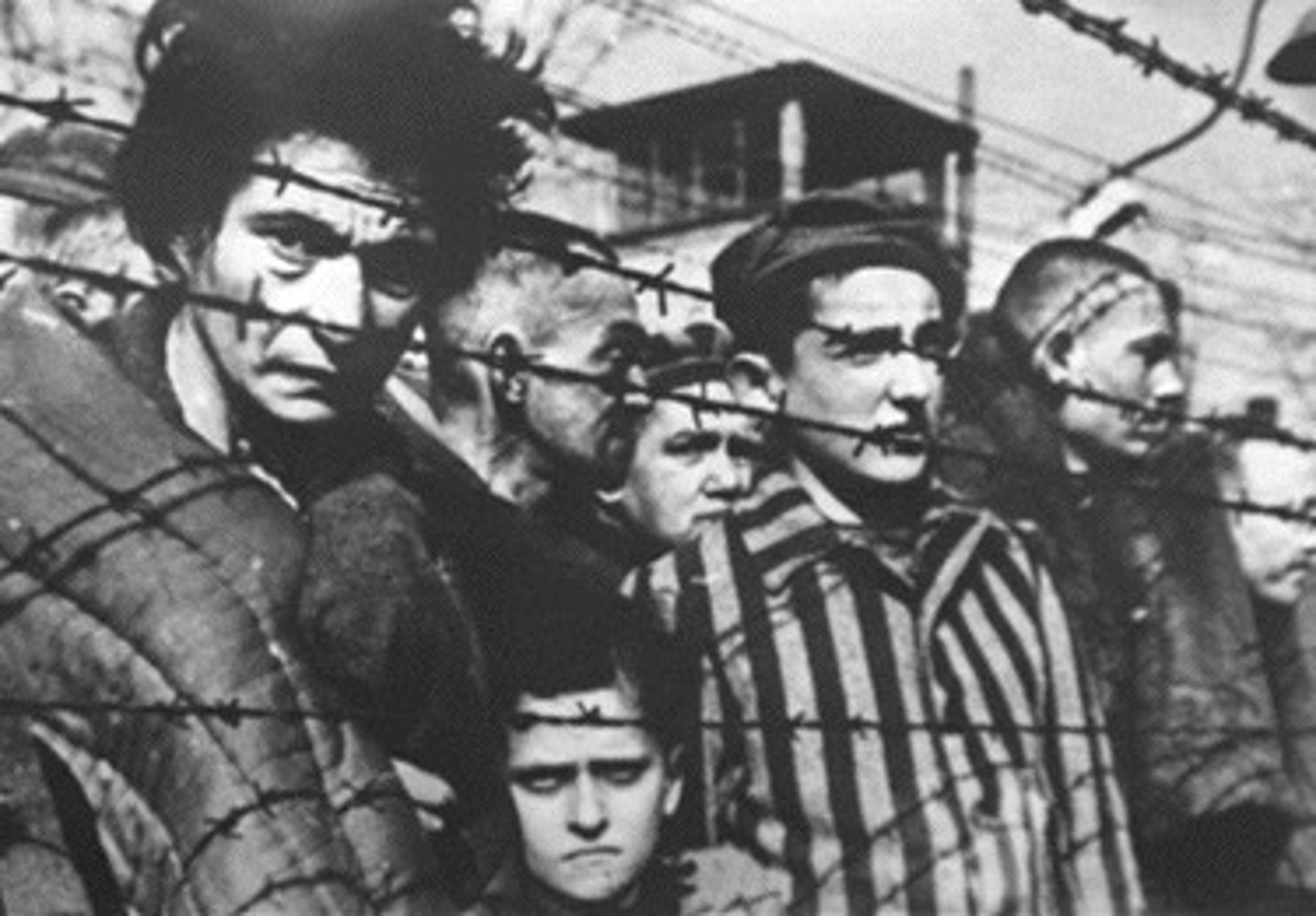
Right-Wing Extremists
Groups that support radical conservative ideologies, often authoritarian in nature.
Marxists
Followers of Karl Marx's ideas advocating for class struggle and communism.
Used to justify communist dictatorships
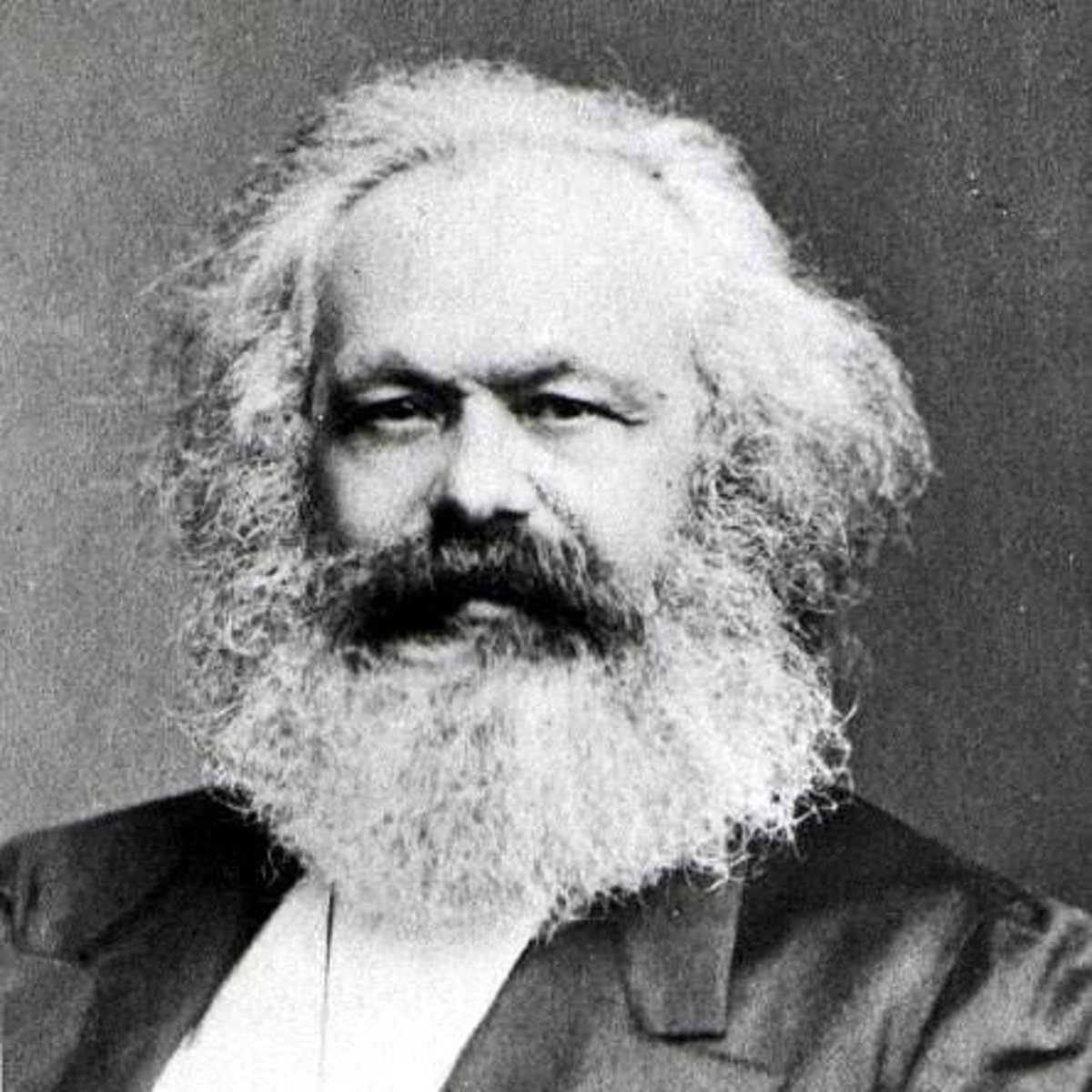
Libertarian
Advocates for minimal government intervention in personal and economic affairs.
Authoritarian
A governing system characterized by strong central power and limited freedoms.
Parliamentarian
A government system where the executive branch derives power from the legislature.
Machiavelli
Renaissance thinker who argued that rulers should use any means necessary to maintain power.
used to supports dictatorship strategies
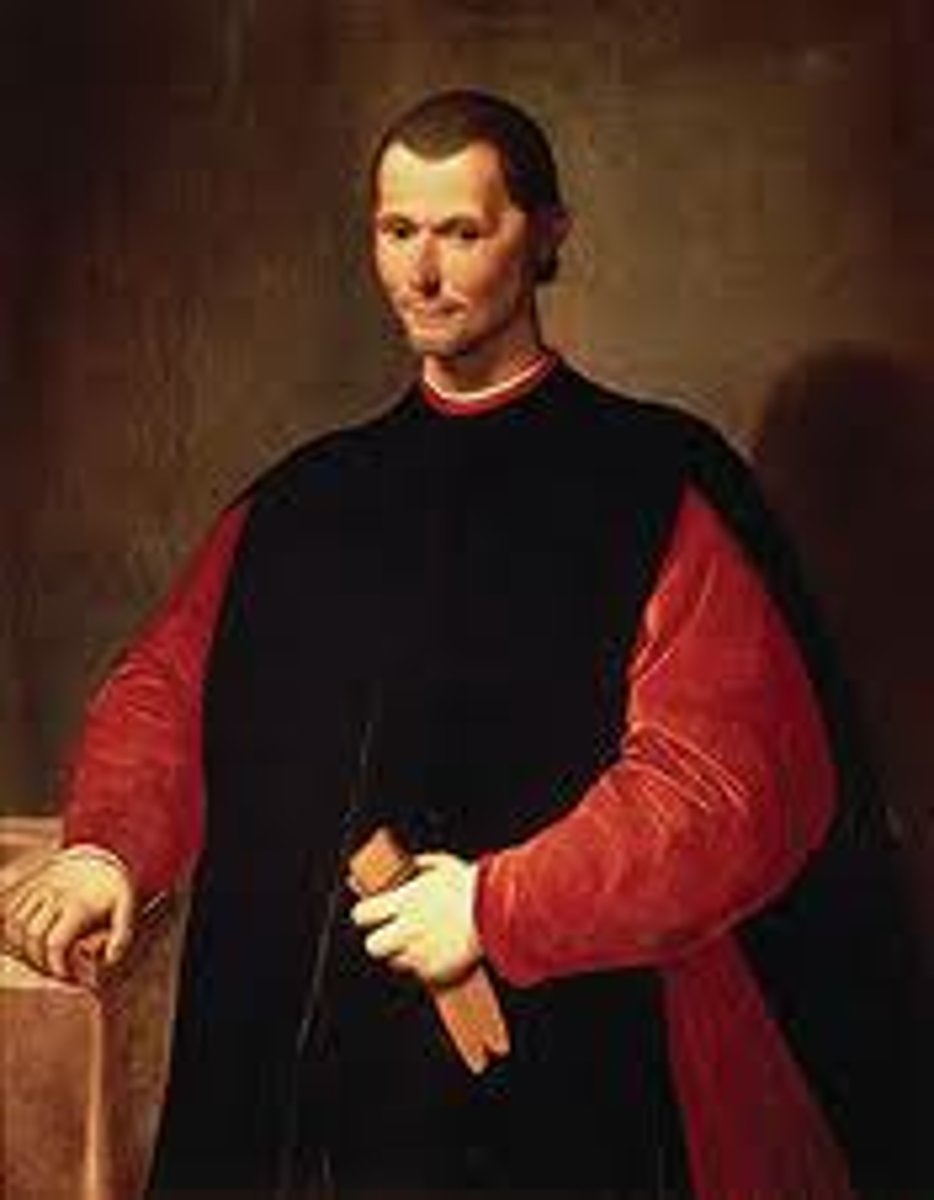
Radical
Someone who advocates for fundamental political or social change.
Civil Liberties
Individual freedoms protected by law, such as freedom of speech and religion.
Censorship
Government control over media and information to suppress dissent.
Social Darwinism
The belief that certain groups are naturally superior, often used to justify oppression.
Nazi Party
The political party led by Hitler, responsible for implementing fascist policies in Germany.
Enabling Act (1934)
Gave Hitler dictatorial powers by allowing him to rule without parliamentary consent.
Nuremberg Laws (1935)
Anti-Jewish laws that stripped German Jews of citizenship and rights.
War Communism
Lenin's economic policy during the Russian Civil War that centralized control of industries.
New Economic Policy (NEP)
Lenin's policy that allowed limited capitalism to revive the Soviet economy.
Purge
The removal of political opponents, often through imprisonment or execution.